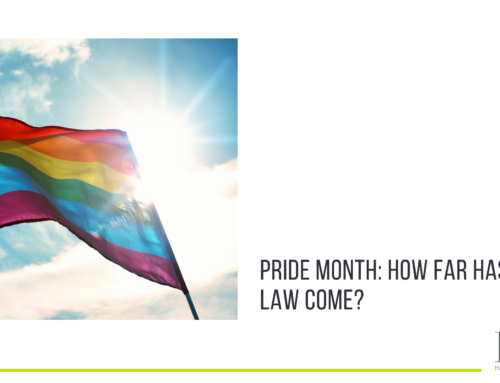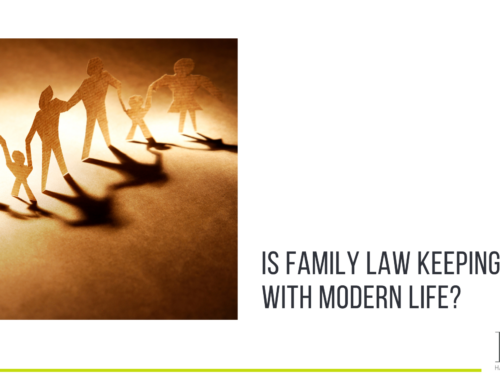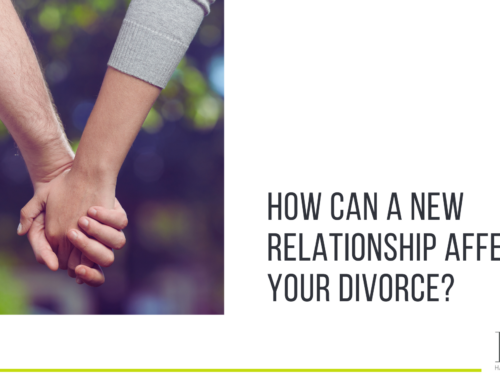What’s the difference between marriage and civil partnership? It’s a question that family lawyers are often asked, and here we’re taking a look at that very question as we come to the end of February and LGBTQ+ History Month 2023.
Until the passing of The Marriage (Same Sex Couples) Bill in 2013, civil partnership was the only option available to same-sex couples. Whilst the path to positive change and inclusivity hasn’t been straightforward, we’re now at a place where the law in England and Wales, and many other countries across the globe, recognises same-sex marriage and the need for equality.
But just what is civil partnership? And does it still have a place? Let’s take a look.
What is a civil partnership?
A civil partnership is a relationship which is legally registered. Brought about by the Civil Partnership Act 2004, civil partnership was designed to offer legal recognition and protection for same-sex couples, separate to the institution of marriage.
Up until 2019, civil partnerships were exclusive for same-sex couples, but as of 2019, they’re also an option for heterosexual couples too. In fact, as the rate of marriage declines for a number of different reasons, civil partnerships are becoming an increasingly popular choice.
The difference between a civil partnership and marriage
With a few exceptions, the recognitions and protections of civil partnership are very similar to those afforded by marriage. Some notable differences include:
- Marriage is formed by a form of words or vows, whereas a civil partnership is formed through signing a legal document – words are not required.
- A marriage is ended through divorce, whereas civil partnerships are ended by dissolution (the process itself, however, is almost identical).
Which is right for me?
How you choose to formalise your relationship is entirely up to you. This decision is entirely personal, and everyone’s situations are different. The important thing is that you’re doing what feels right for you and your partner, and that same-sex couples have the same choice when it comes to how their relationship is recognised and treated in law.
Below you’ll find a few points of interest that are certainly worth considering.
Financial claims
When it comes to the finances, civil partners have the same rights as married couples. If you and your civil partner decide to separate, you’ll benefit from statutory protection and can potentially make financial claims against property and pensions. This shouldn’t be confused with unmarried cohabiting couples, who have very little protection legally in the event of a separation.
Children and Parental Responsibility
Whether you’re a same or mixed-sex couple, if you and your partner were already civil partners at the time your child or children were born, you’ll both have parental responsibility.
Civil Partnerships are not recognised in all countries
If you’re considering travelling, working abroad or emigrating, or if you or your partner aren’t from England or Wales, it’s worth knowing that in some countries, civil partnerships apply to same-sex couples only (as is the case in Germany), and in others, they’re not recognised at all.
Religion and tradition
Civil partnerships are just that – civil. Whilst marriage is also a civil construct at its core, there is the option to incorporate more traditional and religious elements to the ceremony if you wish to do so. For those couples looking to avoid embedded traditions, a civil partnership could be a good way to do that, whilst ensuring that they still get all of the legal protection that you need. For others looking to embrace it however, marriage may well be a more comfortable choice.
A note about cohabitation
It’s important to stress that a civil partnership is not the same as cohabitation. There is no such thing as common law marriage, and if you choose to cohabit with your partner outside of a civil partnership or marriage, it’s important to understand that you simply do not have the same rights and protections in law.
As such, it’s always advisable to speak with a solicitor to explore the option of a cohabitation agreement, so that things will be clearer and more manageable in the event of a separation.
Deciding whether or not to enter a civil partnership, cohabit, or get married is an important choice for every couple. There are lots of considerations, including cohabitation, separation and pre and post nuptial agreements, depending on which arrangement is likely to suit your best.
If you’re planning for the future and in need of advice, get in touch with us today.






